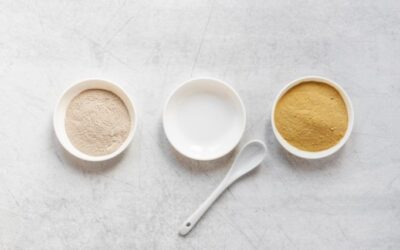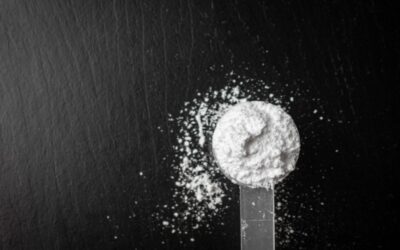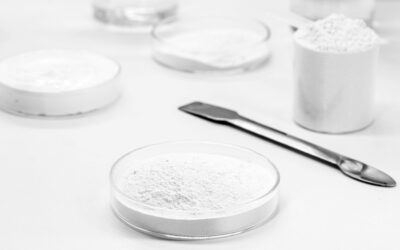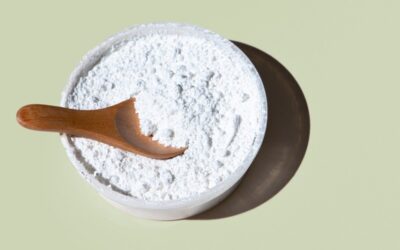Blogs
How MCC and CMC Work Together in Pharmaceutical Formulations
Pharmaceutical formulations are a sophisticated blend of science and technology, where every ingredient plays a critical role in ensuring the efficacy, stability, and safety of the final product. Among the various excipients used in tablet and capsule formulations,...
Alpha Cellulose: The Purest Form of Cellulose in Pharmaceutical Applications
Alpha cellulose stands out as the purest form of cellulose, playing an integral role in the pharmaceutical industry. This natural polymer, derived from various plant materials, is essential for numerous applications, particularly in the formulation of pharmaceutical...
Calcium Silicate: A Key Anti-Caking Agent in Pharma and Food
Calcium silicate, a versatile and widely used compound, plays a crucial role in maintaining product quality across various industries. Among its numerous applications, calcium silicate uses include its function as a reliable anti-caking agent. In pharmaceutical and...
The Role of Stearic Acid in Tablet Manufacturing
In the realm of tablet manufacturing, the choice of excipients plays a crucial role in determining the quality, stability, and performance of the final product. One such excipient that has garnered attention for its versatility and effectiveness is stearic acid. This...
Why Mannitol is the Ideal Excipient for Chewable Tablets
Mannitol is a naturally occurring sugar alcohol known for its mild sweetness, low hygroscopicity, and cooling sensation—qualities that make a mannitol tablet especially beneficial in chewable formulations. By delivering a pleasant taste profile and dependable...
Why Stearic Acid is Essential in Tablet Lubrication
Stearic Acid has become a crucial component in the pharmaceutical world, particularly when it comes to manufacturing high-quality tablets. In many production lines, addressing the friction that arises between tablet materials and machinery is essential for smooth...






